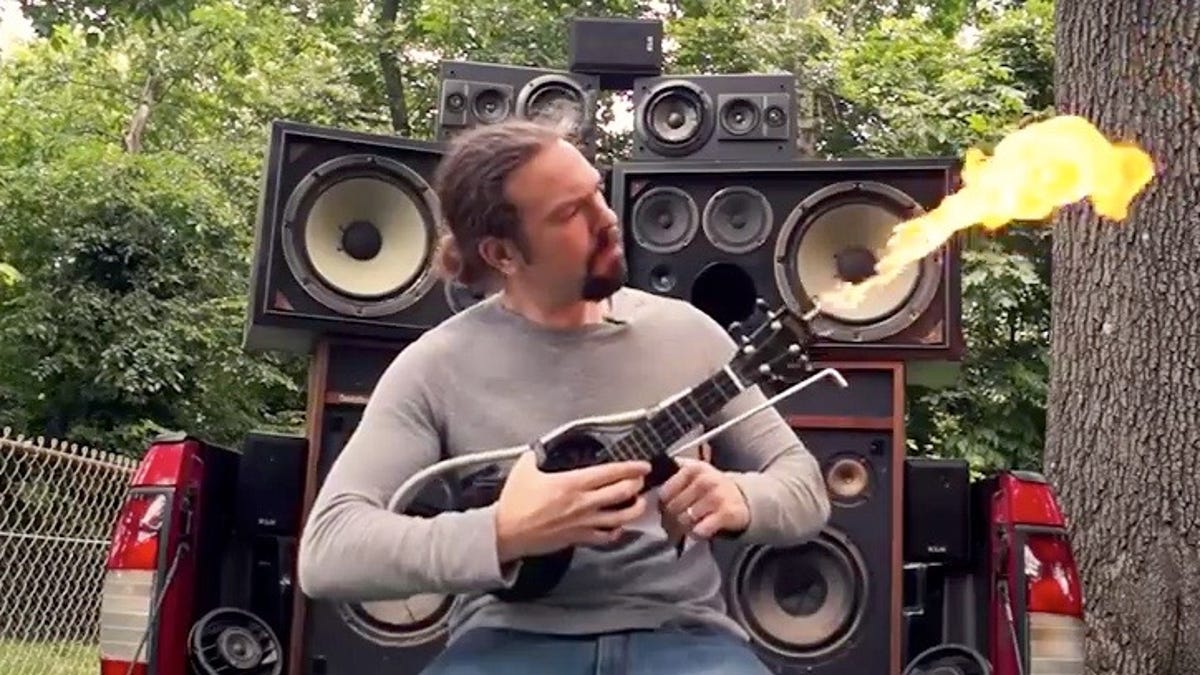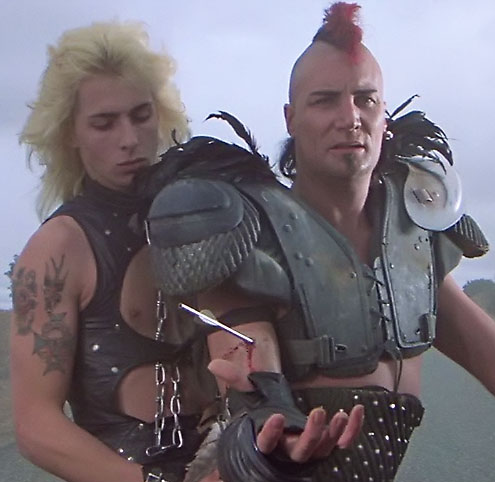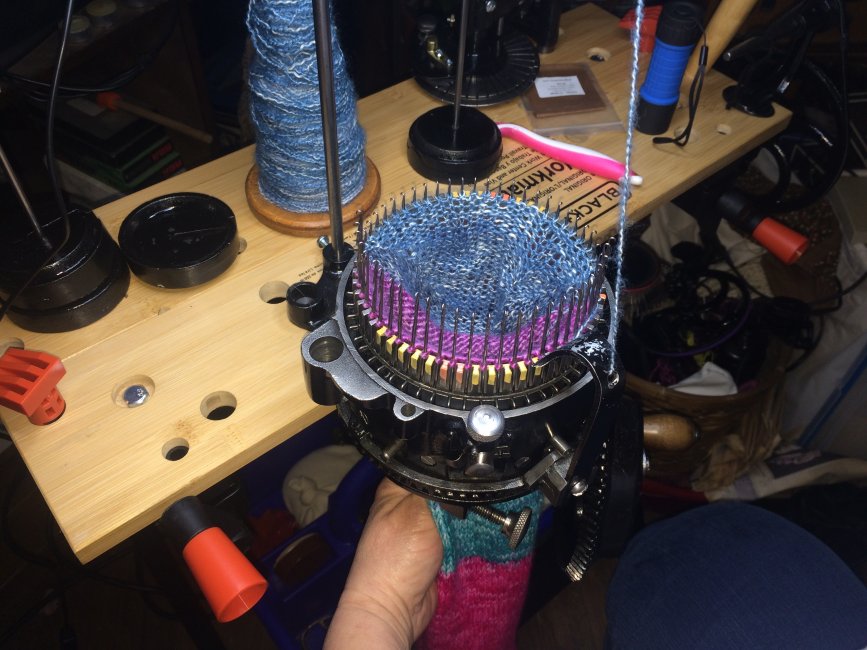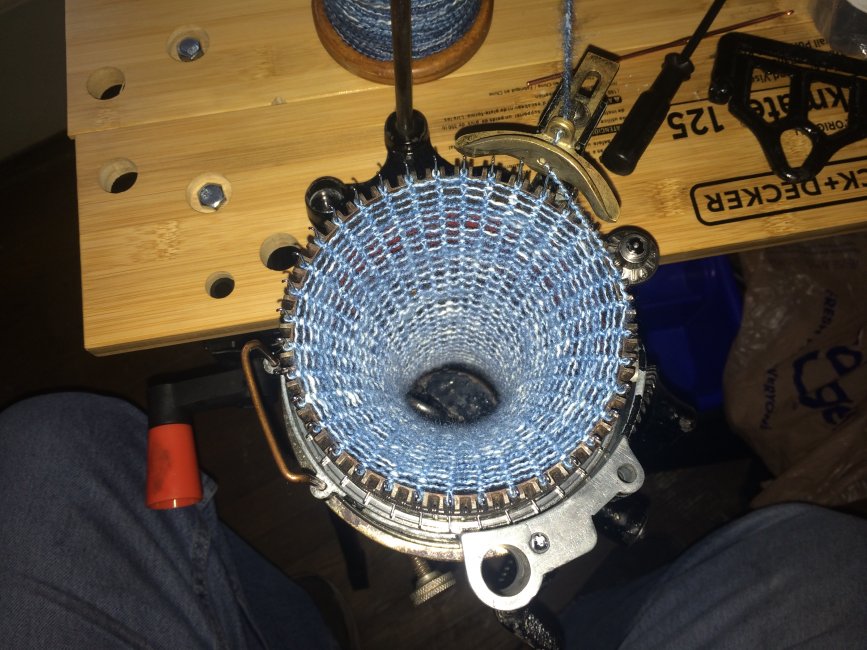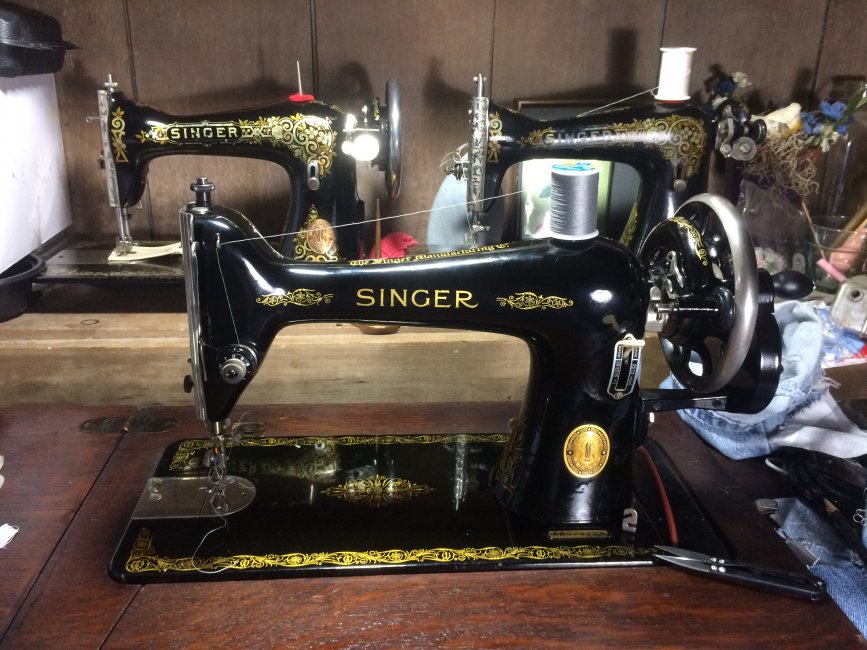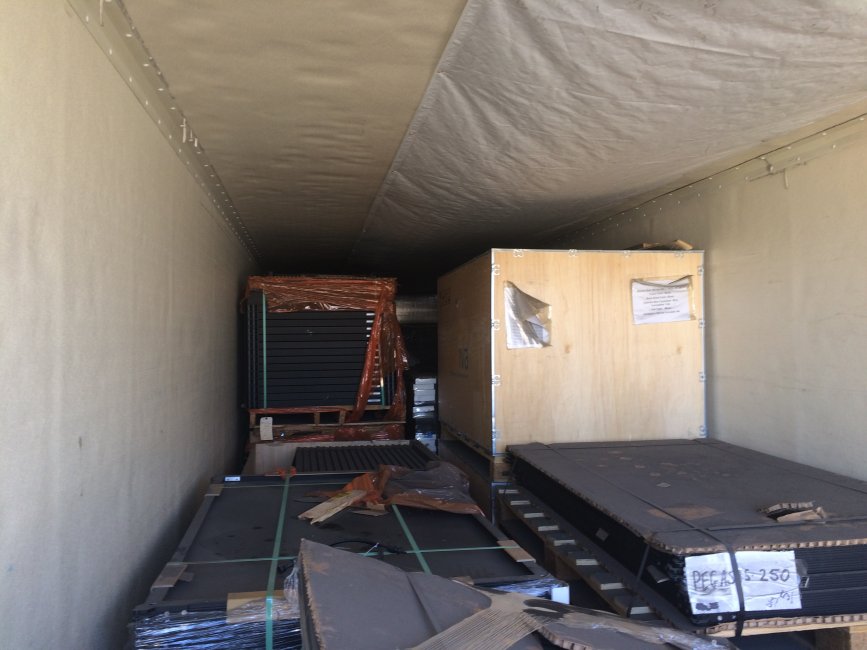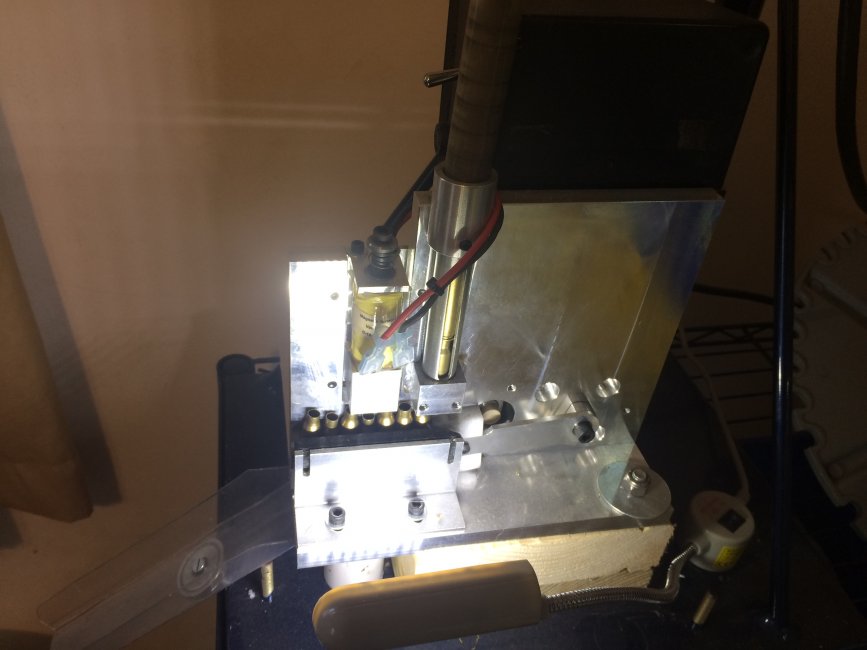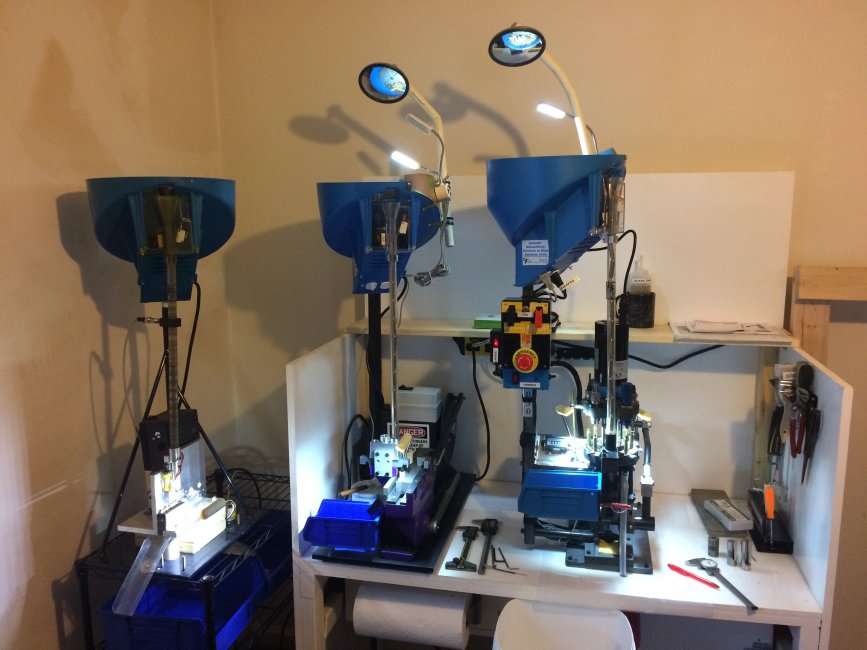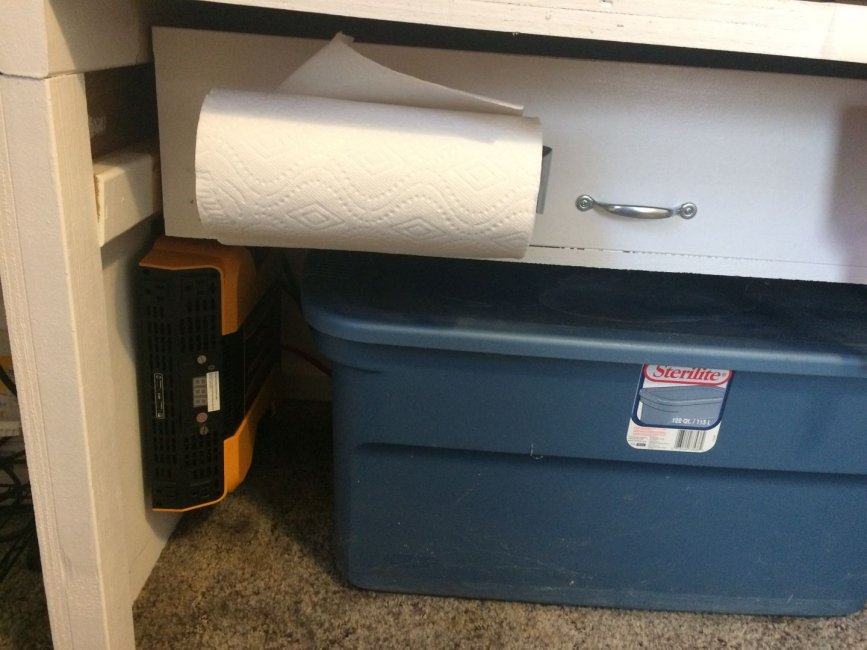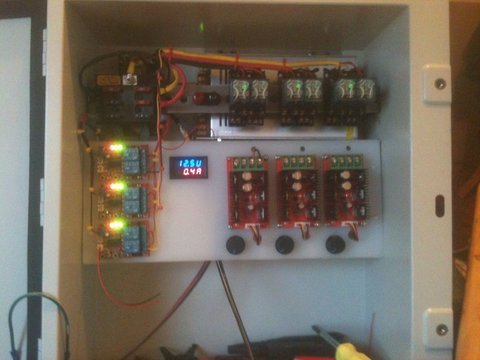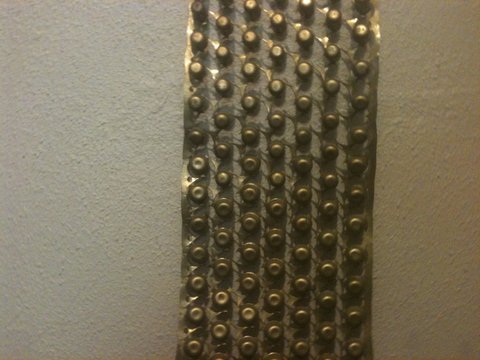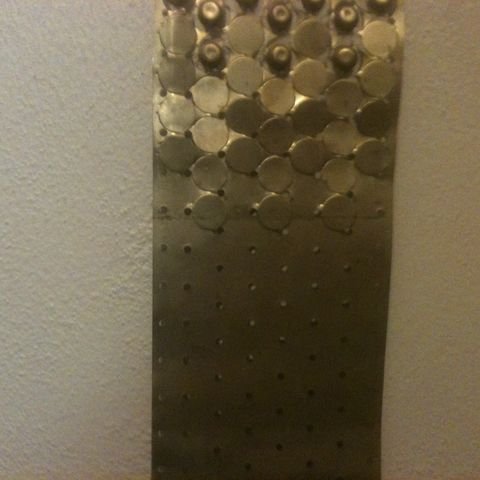Dad's farm, the would still farm it with horses, but it would triple the amount of acreage that they currently have and give a more efficient return on the investment...with minimal cost for fuel, maintenance, etc.I'm surprised the Amish would want to interact with the English to that extent, to rent from them. Or shares, or whatever. Are they desperate for more land?
It would be a wonderful experience to really learn their ways of sustainability in a possible partnership like that. The downside is it might take a lifetime.
I think a lot of people would be surprised when they find out just how modern or 'english' many of the Amish are nowadays!
Here's an amish joke from a few years ago...
Q: Who does an an amish man call on his cell phone?
A: All his amish friends, who also have cell phones!
When I need to contact dad's neighbor James's son, Aaron, for any work projects (help with a re-roof, etc.), I either hit him up via text or use facebook messenger, whichever is more convenient. He also flies out to their sheep ranch in South Dakota twice a year!
While it's true they cannot have electricity in their homes, most now have electricity run to their barn(s) where they can charge the batteries for their power tools, power the computer to operate their business and manage their website, etc. and many have transformed a portion of their barn into the best all-in-one 'man-cave' (great room, office, kitchen area, etc.) for watching football on the large flat screen, etc. They might still have to run to the outhouse during commercials, but it sure is nice-n-warm when they get back inside!
While the amish I know don't tend to do a lot with handguns (pretty much revolvers only and few at that) many are definitely into long guns, and high-powered rifles at that! Their idea of a thousand-yard-stare is one eye closed the other looking through a long, round, glass-filled, cylinder with cross-hairs in it!
Last edited:



